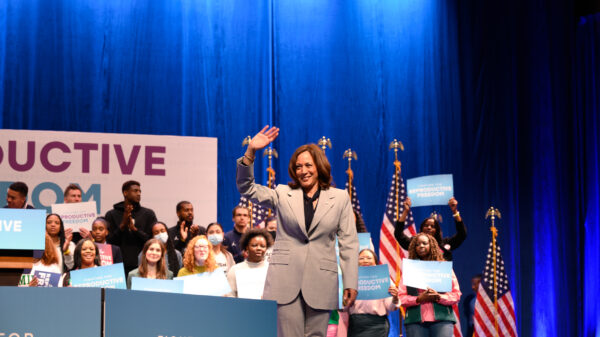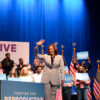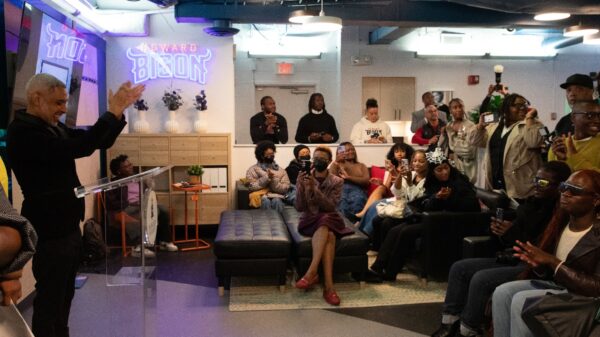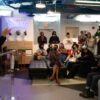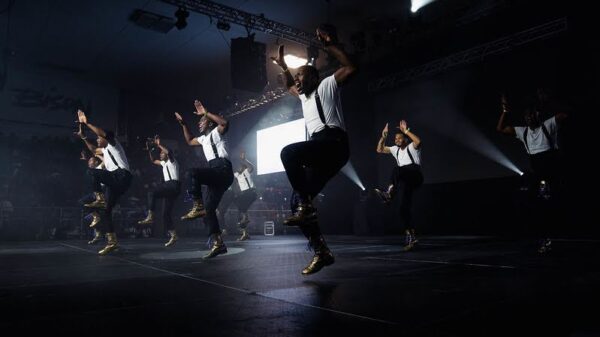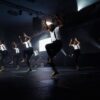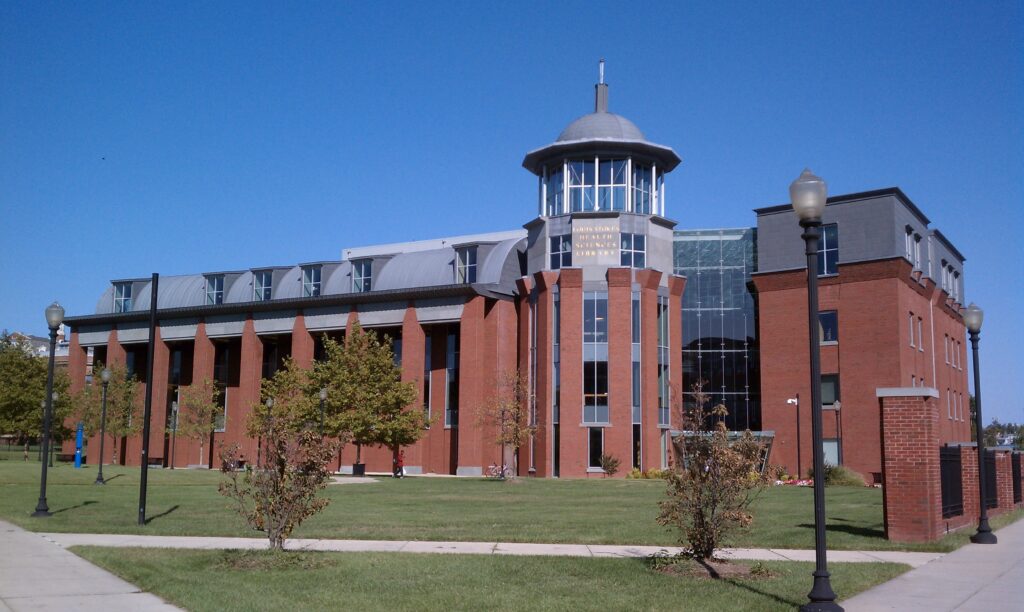
A strong foundation is essential to formulate a buoyant collegiate career. Social circles easily become a network formed in perfect balance for business which could lead to the spark of a Fortune 500 company. The experience inside classrooms translate into higher callings through the vein of an individual’s passion and purpose. Unexpected transitions often reveal themselves as confirmation that where you are is where you are supposed to be.
All of these signs are synergetic. They are felt collectively on campus. And they often thrive through a level of collaboration. A multitude of which has been limited because of the pandemic. Especially at Howard due to the lack of space for students to gather and create a sense of community. Of course the Yard provides an outdoor opportunity to convene but as spring transitions to fall, the weather poses a harsh barrier for students traveling from off campus sites.
Life does not look or feel the same. And the level of access to resources is lacking by a large margin. One of the most prominent concerns remains the internet. A simple tool that most take for granted.
Statistics show that 34% of Blacks don’t have high speed internet and 42% are without personal computers.
Cumulatively, the 107 HBCUs enroll 228,000 primarily Black students annually. More than 75% of those students rely on Pell Grants and almost all of those remaining receive PLUS loans borrowed by parents, according to the Thurgood Marshall Fund.
This often places a disproportionate financial burden on Black families leaving little to no room for the purchase of items that are vital to a successful academic career. Many are forced to rely on the supplies offered by their respective institution.
In July of 2020, Florida A&M University purchased 500 laptops for students in need through a $50,000 grant from Vanguard. Their Vice President of University Advancement, Dr. Shawnta Friday-Stroud, shared about the importance of bridging the digital divide for students who depend on computer labs on campus to get access to the internet in an interview with WCTC.
On Howard’s main campus there are four central locations equipped with computers, printers and study spaces for students. However, only three are active for the 2021-22 academic year and none of the printers are available for use in these buildings.
The Founders Library, Undergraduate Library and Louis Stoke Health Sciences Library each operate at different hours.
The Founders Library is open until 10 p.m. on Mondays-Thursdays, 5 p.m. on Fridays, 6 p.m. on Saturdays, and 10 p.m. on Sundays. The Undergraduate Library is open until 12 a.m. on Mondays-Thursdays, 5 p.m. on Fridays, 6 p.m. on Saturdays, and 10 p.m. on Sundays. The Louis Stokes Health Sciences Library is open until 5 p.m. daily. While the offsite Vernon Jordan, Jr. Law Library is open until 10 p.m. on Mondays-Saturdays, and 11 p.m. on Sundays.
These are great areas for students to complete virtual learning but don’t present much latitude for use after classes have concluded. Group projects, term papers and readings each require students to utilize locations established with a premise for learning.
“With the cyberattack occurring, I know students need time to catch up on assignments in a space where there is access to wifi, printing and small rooms for studying after normal operating hours,” said Ruby Avery, a senior public relations major.
After the University was hit by a ransomware attack on Sept. 3, classes were suspended for a week. The entire campus also went without wifi and access to technology authorized by the school. This left many students scrambling to find locations in the area that provided free use of computers and printers. At the conclusion of the cyberattack, no official adjustments were announced to ensure those who went without internet connection for a week had time to bring themselves up to speed.
“Last year iLab served as the primary resource for those who needed to complete work late into the night,” said Avery.
The second floor workspace has over a dozen computers which provide students with access to Microsoft and Adobe platforms purchased by the University. Last year, the building remained open 24 hours a day to ensure internet connectivity was attainable.
“The lighting in iLab really sets the tone for students to be awake and aware while researching late at night,” said Avery. “Seeing everyone up and doing the same thing as you keeps you on task in a light hearted environment.”
Unfortunately, it has been closed since the cyberattack. Many students miss the building and the devices within it. Although this space might no longer be an option there are other places on campus that could serve the same purpose.
Founders, the Undergraduate Library and the Louis Stokes Health Sciences Library are all equipped with the necessary tools to serve as an alternative to iLab. There should be access to printing in all three. One should be open 24 hours.
This discourages students from sneaking visitors into their dorm to finalize projects. It encourages them to wear masks while working in close proximity to one another. And increases the ability for peer collaboration while providing access to devices that improve the educational experience.
Covid-19 hindered students in quarantine but it should not continue to hinder the Howard community through the hybrid model.


